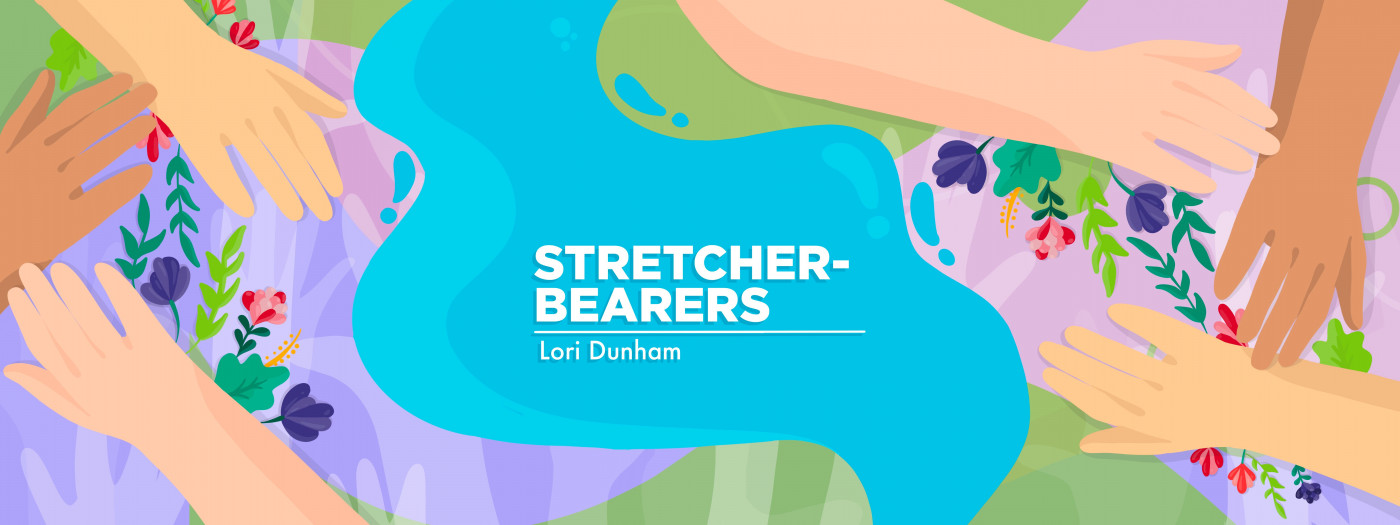Tackling Common Misconceptions About People With Chronic Illness
Written by |

“I don’t want my pain and struggle to make me a victim. I want my battle to make me someone else’s hero.” — Unknown
I never gave much thought to those living with chronic illness until our family experienced it firsthand. Now that our daughter Grace lives with Lambert-Eaton myasthenic syndrome (LEMS), we have come face to face with what that means for her and our family.
There are many misconceptions about those living with chronic illness. Some believe they just need to “power through” or “try harder,” or that it’s “all in their head.” Others question why they don’t “look sick.” We must conquer these misconceptions with the truth of what it’s really like to live with a rare disease.
Following is what I want others to know about Grace’s experience with chronic illness.
She’s not lazy.
Yes, Grace may move slowly, but she is far from lazy. She is actually the opposite. She works harder than most to get out of bed in the morning. The simplest task, such as brushing her hair or finishing household chores like taking out the trash, take thought, effort, and strength. Grace, and others like her, fight for every step they take. If they are walking slowly at a crosswalk, have patience. They are going as fast as they can.
When she misses an event, it’s not because she doesn’t want to be there.
Grace has to pick and choose which activities she can manage. If something is scheduled for late in the day, she knows she won’t have the energy to attend. Unfortunately, she has learned that life goes on without her. Relationships are forged in her absence and activities still take place.
She has learned to manage her feelings of missing out. Grace understands that if she were to push through, she would suffer consequences. However, it would mean so much to her to be acknowledged when she is unable to attend. A caring friend calling to check on her goes a long way. An invitation, even if she can’t attend, is still very welcome.
She’s not looking for attention.
Grace genuinely needs accommodations. She doesn’t request them to be difficult or uncooperative. Despite the misconceptions, she doesn’t want to be the exception to the rule or to attract attention. For instance, her school has a policy that cellphones and Apple Watches can’t be on during the school day. Thankfully, her school administration understood that she needs to wear her watch so we can be notified if she falls. Grace is not requesting these things to get special privileges, but to keep her safe.
Life wasn’t always this way.
It helps our family when others recognize that we are still adjusting to this new normal. Our daughter was a healthy 14-year-old who played sports and had an active social life. Then, our lives turned upside down with the onset of LEMS. Grace is now 16, and we are still figuring out the best ways to maneuver life with a child who has a rare disease. We ask others to give us time to figure out what this looks like as she grows and attempts to be more independent. You never know what realities another person may be facing.
People who battle chronic illness are not weak.
I have learned this not only from my daughter, but also from the myriad people I have met throughout this journey. I have connected with many people who have LEMS or other rare diseases. Every one of them has faced unimaginable loss. They have given up beloved careers and watched talents diminish. Some have lost friendships or seen relationships deteriorate. They fight for their physical health, and must also fight through insurance red tape. Some fight the stigma attached to “invisible” diseases, and others fight to hold on to a career they love.
One common thread is that every one of them is a fighter. They are strong and resilient. They persist because they have to. Each person is a force to be reckoned with. And so, they battle on.
Let’s work to correct these misconceptions and change our view of those living with chronic illness. They are not victims, but heroes.
***
Note: Lambert-Eaton News is strictly a news and information website about the disease. It does not provide medical advice, diagnosis, or treatment. This content is not intended to be a substitute for professional medical advice, diagnosis, or treatment. Always seek the advice of your physician or other qualified health provider with any questions you may have regarding a medical condition. Never disregard professional medical advice or delay in seeking it because of something you have read on this website. The opinions expressed in this column are not those of Lambert-Eaton News or its parent company, Bionews, and are intended to spark discussion about issues pertaining to Lambert-Eaton myasthenia syndrome.






Frieda Goovaerts
This is so true!